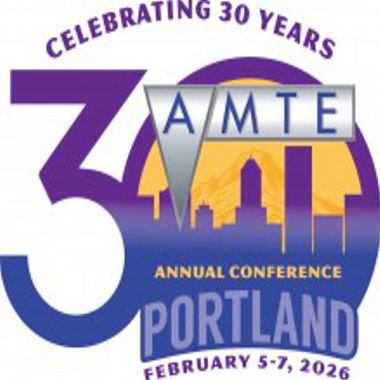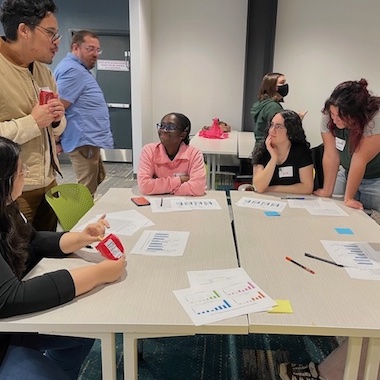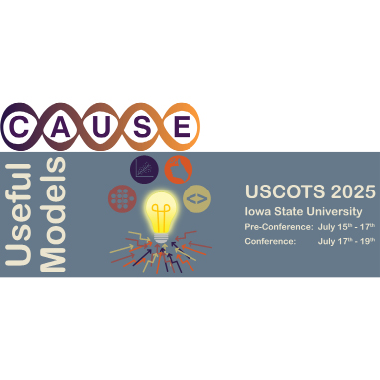STEAMpower Graduate Fellows
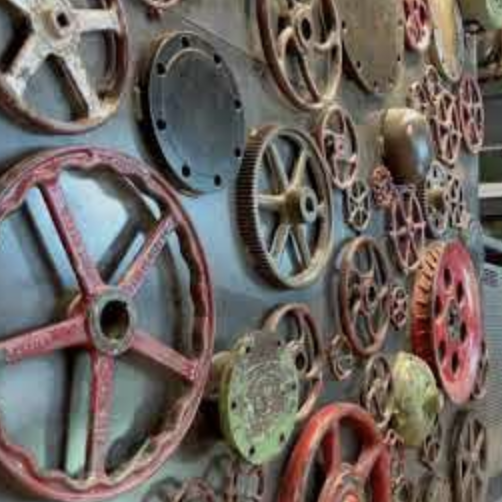 The STEAMpower Project is looking for graduate student fellows and faculty/staff-led teams that are interested
in exploring the intersection of STEM and the arts/humanities. The theme for this
year’s projects is Sustainability. Led by MSU's Deans of STEM Education, Stephen Thomas and Julie Libarkin, and Associate Director of the Center for Integrative Studies in the Arts and Humanities,
Michael Lockett, the STEAMpower Project allows people from across campus to come together to work
beyond traditional disciplinary boundaries between the arts and STEM. The program
is designed around MSU’s new STEM Teaching & Learning Facility and the MSU Arts Strategy.
The STEAMpower Project is looking for graduate student fellows and faculty/staff-led teams that are interested
in exploring the intersection of STEM and the arts/humanities. The theme for this
year’s projects is Sustainability. Led by MSU's Deans of STEM Education, Stephen Thomas and Julie Libarkin, and Associate Director of the Center for Integrative Studies in the Arts and Humanities,
Michael Lockett, the STEAMpower Project allows people from across campus to come together to work
beyond traditional disciplinary boundaries between the arts and STEM. The program
is designed around MSU’s new STEM Teaching & Learning Facility and the MSU Arts Strategy.
To apply as a STEAMpower Graduate Fellow, the PhD or MFA student applicant in any discipline must have a demonstrated interest in the intersections between STEM and arts. Graduate students will interact with other STEAMpower Fellows and Teams as well as artists-in-residence from across MSU and create a deliverable art/science/culture project of their own design. A stipend of $3000 per graduate student for the year is available. The fellowship will run from Fall 2023 through Spring 2024.
Two PRIME math ed doctoral students, Brady Tyburski and Anthony Dickson, were Graduate Fellows during the inaugural year of the STEAMpower Project this past year.
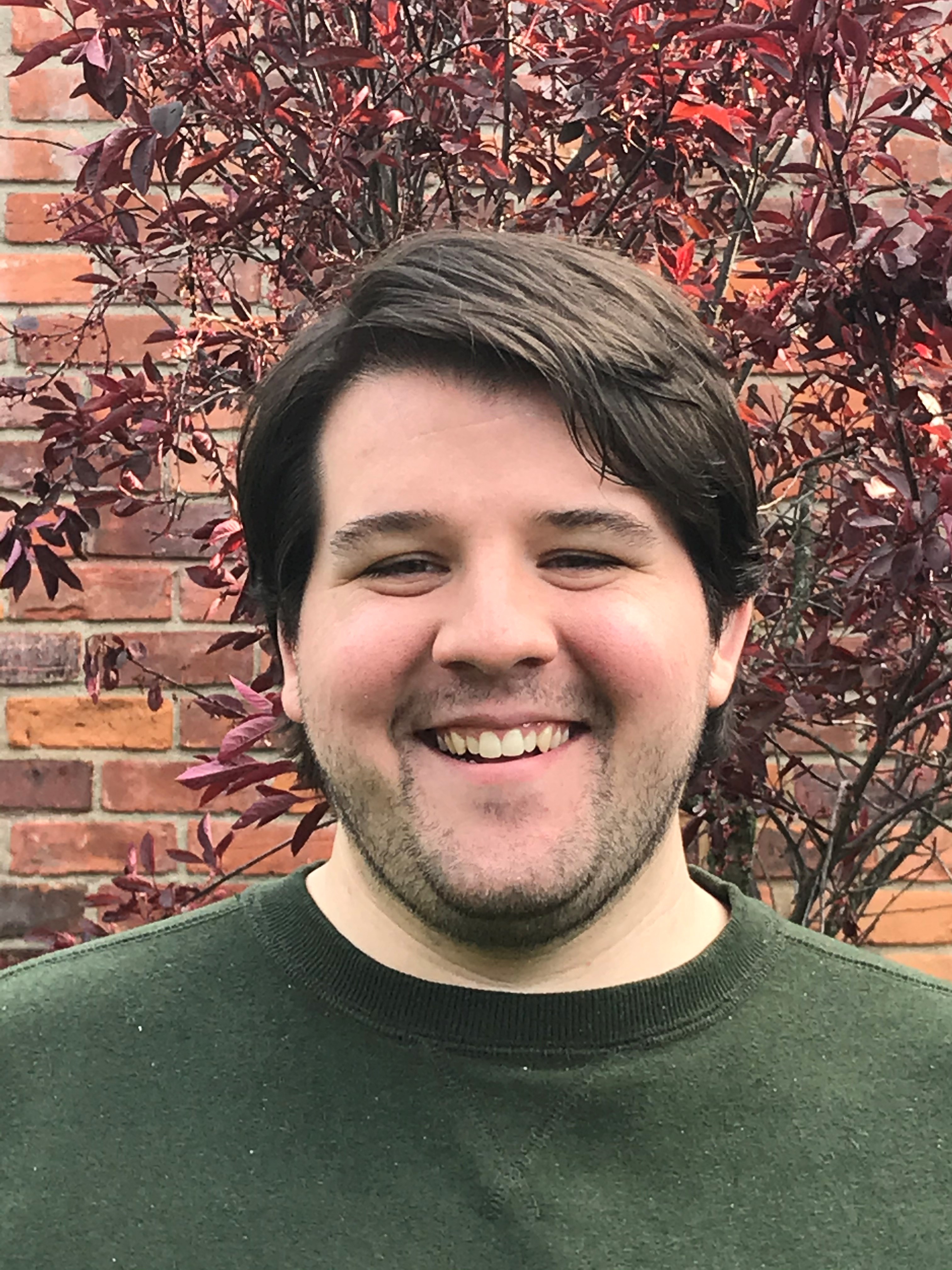 Brady commented, "My time as a STEAMpower fellow was just the supportive space I needed
to incubate the arts-based approaches to research I now use in my research." In particular,
Brady developed a new methodology for textbook analysis by blending methods from literary
analysis, art, and education. He has since used this approach to study the coherence
of curricular storytelling across courses in the undergraduate mathematics curriculum.
Brady commented, "My time as a STEAMpower fellow was just the supportive space I needed
to incubate the arts-based approaches to research I now use in my research." In particular,
Brady developed a new methodology for textbook analysis by blending methods from literary
analysis, art, and education. He has since used this approach to study the coherence
of curricular storytelling across courses in the undergraduate mathematics curriculum.
Brady continued, "It's not always easy to find interdisciplinary spaces like STEAMpower in academia, which made me value the sustained conversations with colleagues and the mentorship I received that much more. I encourage anyone to apply who is seeking a community like this. If you have a project in mind, that's a plus, but it is not a requirement. One of the hallmarks of this fellowship is the opportunity to explore the boundaries of STEM and the arts before you start creating."
This year, Brady will continue as a STEAMpower graduate mentor. He encourages anyone to talk with him if they have questions about the fellowship.
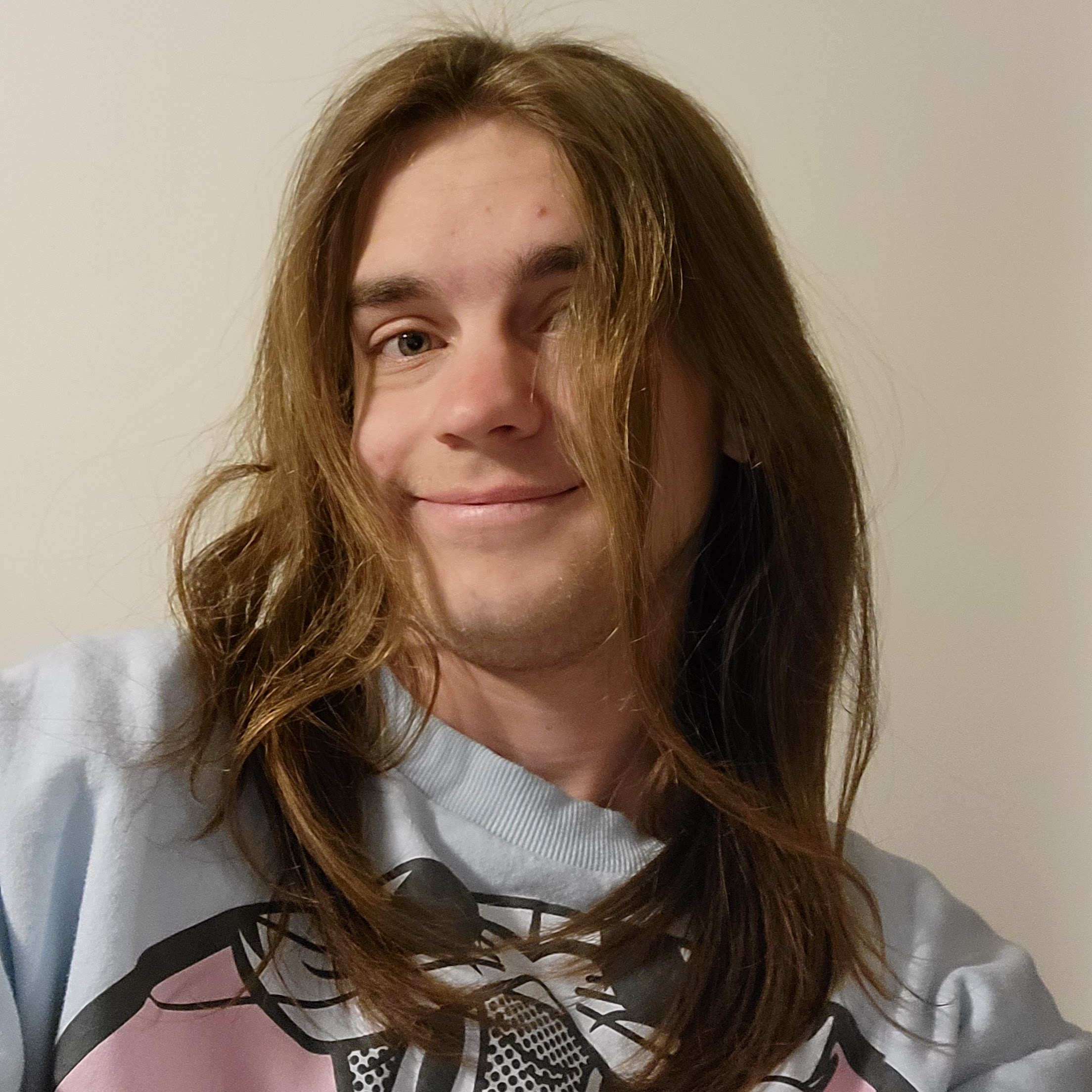 Anthony noted, “This fellowship helped me connect with a supportive environment where
I could write about the kind of ideas that I actually care about, without worrying
about what academics might think. There was no pressure to create this perfect product
that was beautifully argued or aesthetically-innovative; instead, we had a space to
create something and, in the process of creating it, share it with others. For me,
this meant taking the time to write a short screenplay based on aspects related to
mathematics that I found interesting. If I tried to do this stuff for a course or
research, it would have (and has) been seen as pointless, but for this space, it was
encouraged because it meant something to me and I could always find “academic” ways
to support it later.”
Anthony noted, “This fellowship helped me connect with a supportive environment where
I could write about the kind of ideas that I actually care about, without worrying
about what academics might think. There was no pressure to create this perfect product
that was beautifully argued or aesthetically-innovative; instead, we had a space to
create something and, in the process of creating it, share it with others. For me,
this meant taking the time to write a short screenplay based on aspects related to
mathematics that I found interesting. If I tried to do this stuff for a course or
research, it would have (and has) been seen as pointless, but for this space, it was
encouraged because it meant something to me and I could always find “academic” ways
to support it later.”
Another resource noted by Anthony was the workshop component of the fellowship. Anthony commented, “And one of the other major benefits of being part of this fellowship was having access to different types of workshops offered e.g., I attend multiple storytelling workshops. These are usually open to everyone, but it’s sometimes hard to know what’s always going on, especially if people see these ideas as disconnected from your program. So, it was nice to hear about and use these opportunities. These workshops may not have directly impacted what I wrote about, but I learned from them and synthesized their information to use implicitly.”
In closing, Anthony remarked, “Finally, I adored the people here, including someone else who wrote plays and another person who loved talking with me about the connections between science, skateboarding, and art – it was just a cool environment where you could feel comfortable exploring ideas without fear of being judged for not being “research-y” enough. It was a really cool experience and I’m glad I was part of it.”
Thanks to Anthony and Brady for sharing their experiences with the STEAMpower Project this past year.
Requirements, proposal evaluation criteria, and more can be found via the Graduate School. Applications are due by August 22 September 1st - new extended date!
